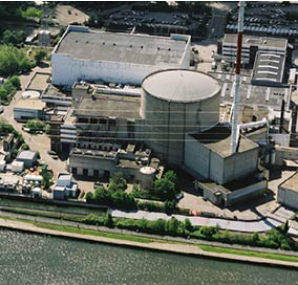
The Belgian nuclear regulator, FANC, has outlined additional action that needs to be taken to support the restart of Doel 3 and Tihange 2, which have been shut down since March for reactor pressure vessel studies.
Both reactors are set to remain offline until 1 April, says Electrabel, which is working on a safety case for the restart of the two units.
Doel 3 and Tihange 2 were taken out of service in 2012 after the discovery of possible cracks in the reactor pressure vessels. These cracks were later found to be hydrogen flakes that dated back to the time of manufacture, and Doel 3 and Tihange 2 were authorised to restart in May 2013, subject to continued testing. However, in March 2014 Electrabel took both reactors offline early, after testing of irradiated specimens containing hydrogen flakes did not deliver the expected results.
FANC’s current position is that the methodology proposed by Electrabel for the safety case on the structural integrity of both reactors is "not yet mature enough," and it says that further work is needed to clarify the implications of the unexpected irradiation results on the material properties of the RPVs.
Following an international meeting in early November, FANC urequested additional information from Electrabel, including the raw data from the different tests. It has asked Electrabel to identify and evaluate the conservatisms and margins in every step of the safety demonstration, and suggested additional actions and material tests. FANC says these measures are needed to complement the Electrabel methodology and to validate the underlying hypotheses of the Electrabel safety demonstration.
The actions need to be taken before the safety case report is submitted to the regulator, Electrabel said. FANC has also informed Electrabel that it will gather its international experts to review the responses before the safety report is submitted.
Electrabel says that its teams will continue work to address the regulator’s questions in the ‘weeks ahead’. FANC will continue its review of the dossier in 2015.






